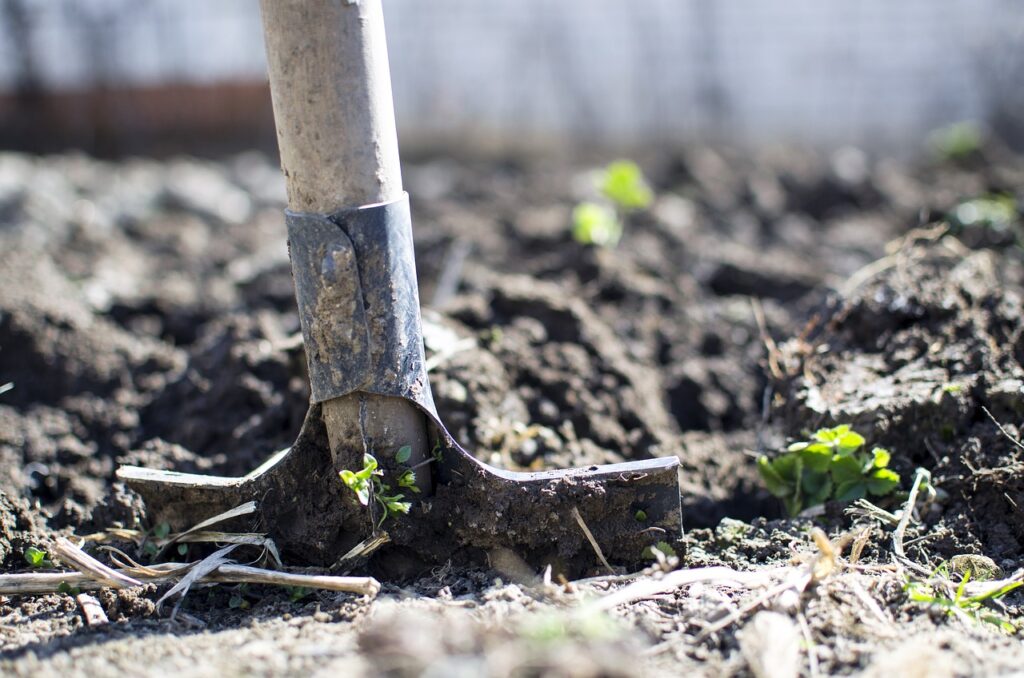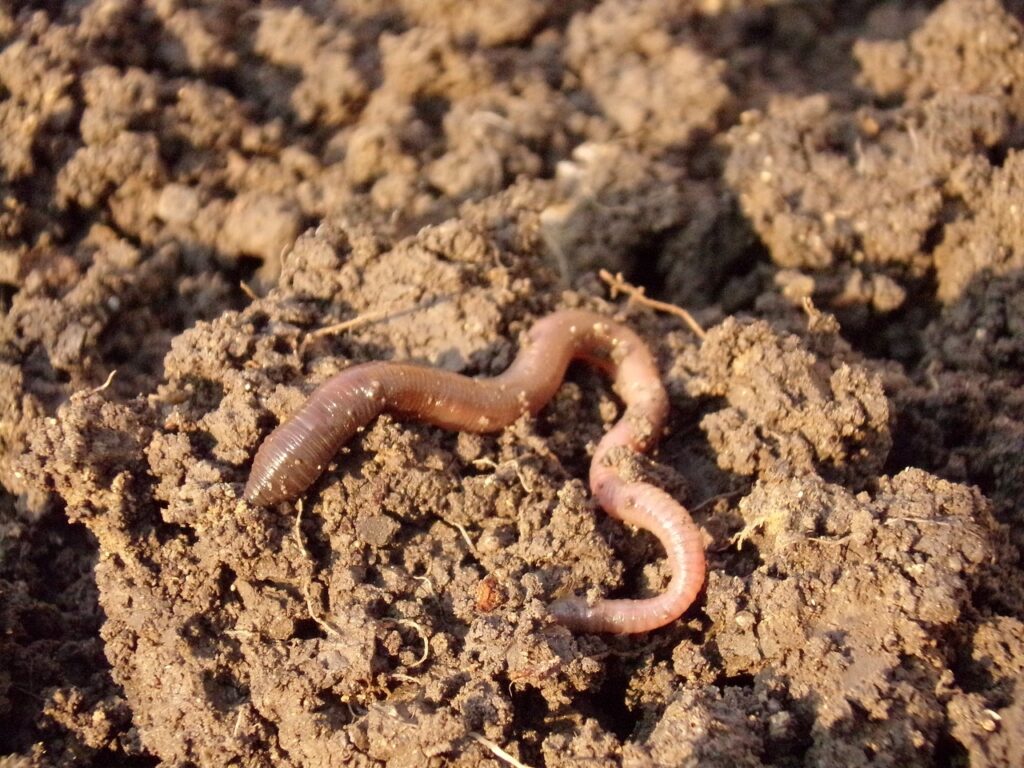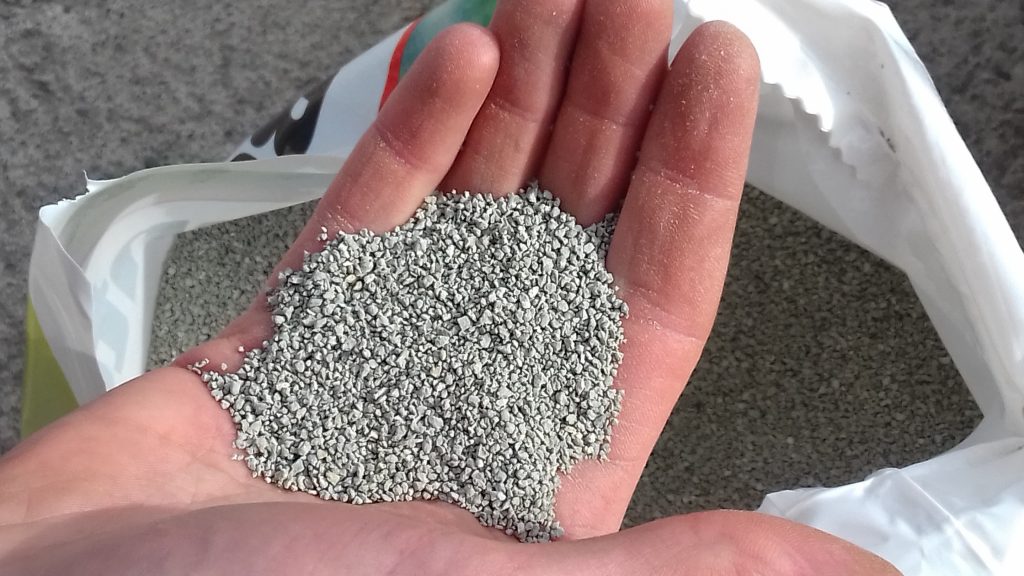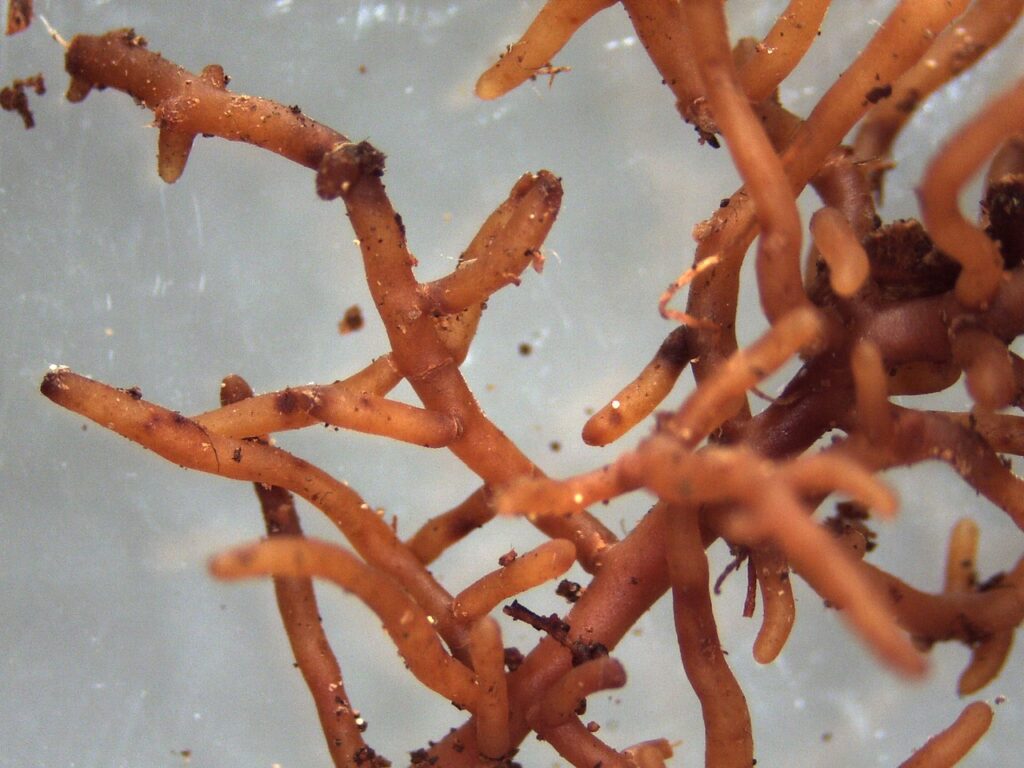We use cookies to make your experience better. To comply with the new e-Privacy directive, we need to ask for your consent to set the cookies. Learn more.
Soil Conditioners

Soil Conditioners
A soil conditioner, or soil amendment, is a substance or material added to soil to improve its physical properties and fertility, enhancing plant growth and health. These substances can be organic or inorganic and are used to amend soil that is lacking in certain nutrients, has poor structure, or is otherwise unsuitable for optimal plant growth.
How do Soil Conditioners Benefit the Soil?
- Enhanced Soil Structure: Soil conditioners promote soil aggregation, preventing soil compaction and improving drainage. This creates an ideal habitat for roots to penetrate and expand, leading to healthier plants.
- Increased Fertility: By replenishing essential nutrients and balancing pH levels, soil conditioners boost soil fertility. This fosters robust plant growth and higher crop yields.
- Improved Water Retention: They help soil retain moisture, reducing water runoff and minimising the need for frequent irrigation. This is especially beneficial in areas prone to drought or erratic rainfall.
- Optimised Aeration: Soil conditioners promote air circulation within the soil, ensuring oxygen reaches plant roots. Proper aeration prevents root suffocation and encourages beneficial soil organisms.
- Reduction of Soil Erosion: By strengthening soil structure and binding soil particles, soil conditioners mitigate erosion caused by wind and water, preserving valuable topsoil.

Organic (carbon based) Soil Conditioners
Organic soil conditioners are natural substances derived from plant or animal sources used to improve soil fertility, structure, and microbial activity.
- Compost: Decomposed organic matter such as kitchen scraps, yard waste, and plant material. It enhances soil structure, improves moisture retention, and provides essential nutrients for plant growth.
- Manure: Animal waste, such as cow, horse, or chicken manure. It is a valuable source of nitrogen, phosphorus, and potassium, essential nutrients for plant growth. Manure also improves soil structure and microbial activity.
- Biochar: Biochar is produced by heating organic material, such as wood chips or agricultural waste, in a low-oxygen environment. It improves soil fertility, enhances water retention, and promotes microbial activity, leading to healthier and more productive soils. Check out; TerraVida Organic Biochar and Nature’s Choice Co-Composted Biochar.
- Green Manures: Cover crops grown specifically to improve soil fertility and structure when incorporated into the soil. They add organic matter, fix nitrogen from the atmosphere, suppress weeds, and prevent soil erosion.
- Humic Substances: Humic and fulvic acids are organic compounds derived from the decomposition of plant and animal matter. They improve soil structure, increase nutrient retention, stimulate microbial activity, and enhance root growth, ultimately promoting healthier plants and higher yields. Check out; HUMAC Agro and NTS Liquid Hummus.
- Seaweed: Seaweed is rich in minerals and trace elements. It contains almost every micro-nutrient in a fully chelated (immediately available) form. It is also full of carbohydrates, which plants use as a building block. Seaweed has 60 trace minerals and ready-to-use nutrients including nitrogen, potassium, phosphate, calcium, boron, potash and magnesium. Regular dressings stimulate microbial activity, improving soil structure and fertility.

Inorganic (not carbon based) Soil Conditioners
Inorganic soil conditioners are usually mineral-based substances employed to modify soil properties such as pH, structure, and nutrient availability.
- Gypsum: Gypsum is a calcium sulphate mineral used to improve soil structure and drainage. It helps loosen compacted soils, reduce soil erosion, and enhance water infiltration, making it especially beneficial for clay soils.
- Lime: Lime loosens heavy soils and makes them easier to work. With the right lime content in the soil, the other nutrients become fully effective because water, air and heat circulation are optimal. Use Garden Lime for mild pH adjustment, soil loosening and soil structure improvement. To raise your PH faster use Granulated Lime. It is made from extremely fine calcium carbonate, making it the fastest acting agricultural lime on the market.
- Dolomite Lime: Dolomite lime is a type of lime containing both calcium carbonate and magnesium carbonate. It is used to raise soil pH and provide essential calcium and magnesium nutrients to plants.
- Sulphur: Sulphur is an essential plant nutrient necessary for plant growth and improves the use efficiency of other essential plant nutrients, particularly nitrogen and phosphorus. It lowers pH in alkaline soils.
- Vermiculite: Vermiculite is a hydrated laminar mineral that expands when heated, forming lightweight and moisture-absorbent particles. It is used to improve soil aeration, moisture retention, and nutrient availability, particularly in container gardening and seed starting mixes.
- Perlite: Perlite is a naturally occurring volcanic rock. It is heated to very high temperatures to produce a lightweight micro-porous material. It is used to improve aeration, drainage, and moisture retention in potting mixes and soil blends.
- Bentonite: Bentonite clay has a high content of easily convertible silicic acid and other minerals that are essential for maintaining soil fertility and preventing trace nutrient deficiencies. Stores water and nutrients then releases them slowly to the plants. Particularly suitable for improving the binding and nutrient availability of lighter, more permeable soils.
- Basalt: Basalt is a volcanic rock powder with a high content of readily metabolizable silica and lime. These are necessary for the maintenance of soil fertility and avoidance of micronutrient deficiency. The benefits of adding silica to the soil include greater tolerance of environmental stresses, such as heat, cold, drought, salt buildup, mineral toxicity or deficiency. Plants also experience accelerated growth rates, and improved resistance to insects and fungal diseases.

Biological Soil Conditioners
Biological soil conditioners are substances containing living organisms, such as mycorrhizal fungi or beneficial bacteria, which enhance soil fertility, nutrient cycling, and plant health through symbiotic relationships or microbial activity.
- Mycorrhizal Fungi: Mycorrhiza refers to a symbiotic association between certain fungi and plant roots. These beneficial fungi colonise plant roots, extending their reach into the soil and enhancing nutrient uptake, particularly phosphorus and other minerals. Mycorrhizal fungi improve soil structure, increase plant resilience to stress, and promote overall plant health and growth.
- Soil Renew: Soil Renew is a combination of organic plant matter and an ecosystem of microorganisms which creates humus in the soil. It will continue to improve the quality of soil over time.
- AMN Bona Vita: AMN Bona Vita contains a natural strain of Bacillus Amyloliquefaciens bacteria which settle on the roots and stimulate root development and plant performance.
- Free N100: Free N100 is a soil prebiotic designed to help fix atmospheric nitrogen in the soil based on bacterium Azotobacter sp. The plant is regularly supplied with nitrogen under all soil and climatic conditions. Through the synthesis of hormones (e.g. auxins, gibberellins and cytokinins), Azotobacter sp stimulates root growth and thereby promotes the assimilation of all nutrients by the plant. Free N100 also helps to improve the supply of minerals to the plants which should promote higher yields.

Regularly monitor your soil's health by observing plant growth, conducting soil tests, and paying attention to changes in soil texture and structure. Adjust your soil management practices accordingly to maintain optimal conditions for plant growth.
All the soil conditioners that Fruit Hill Farm stock are approved for use in organic agriculture.

